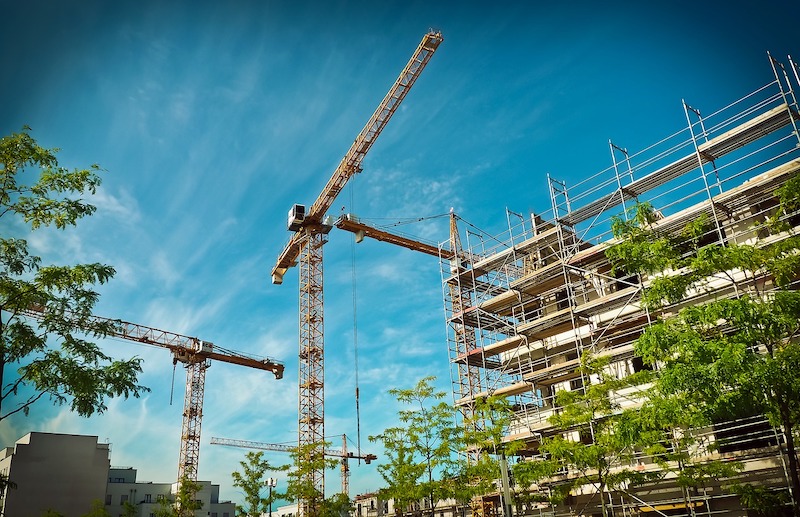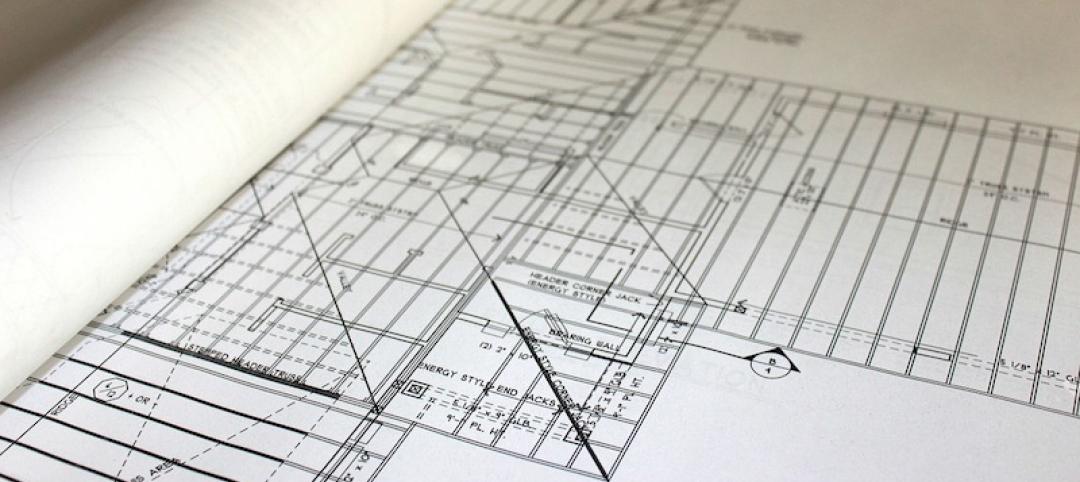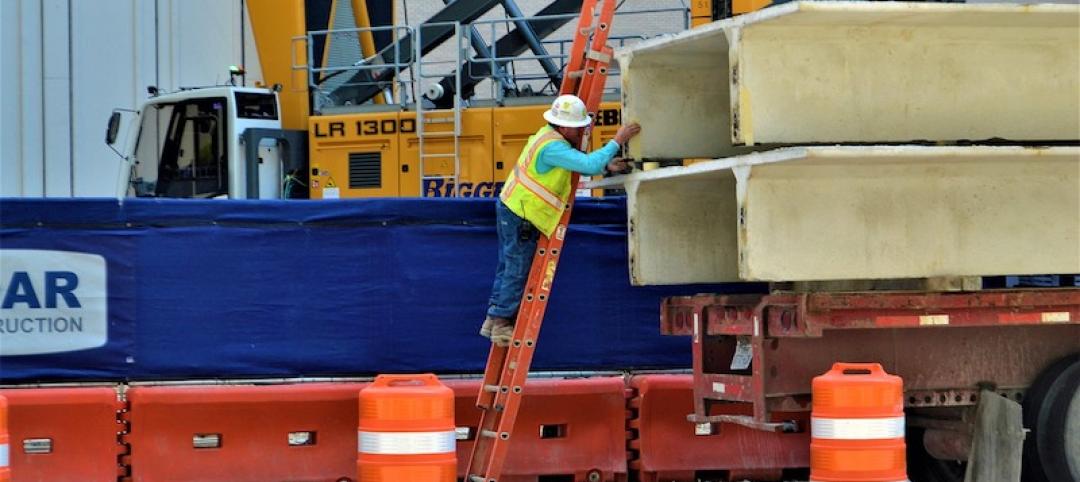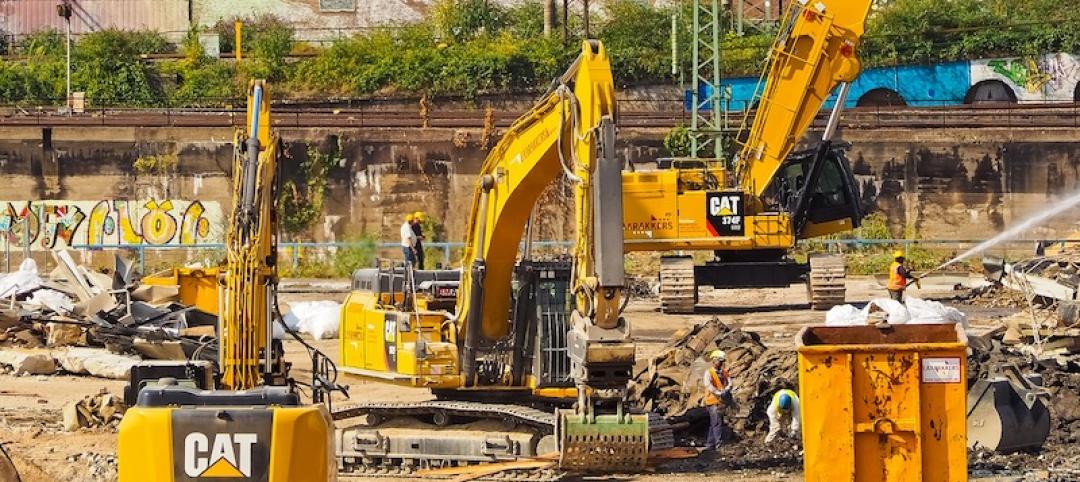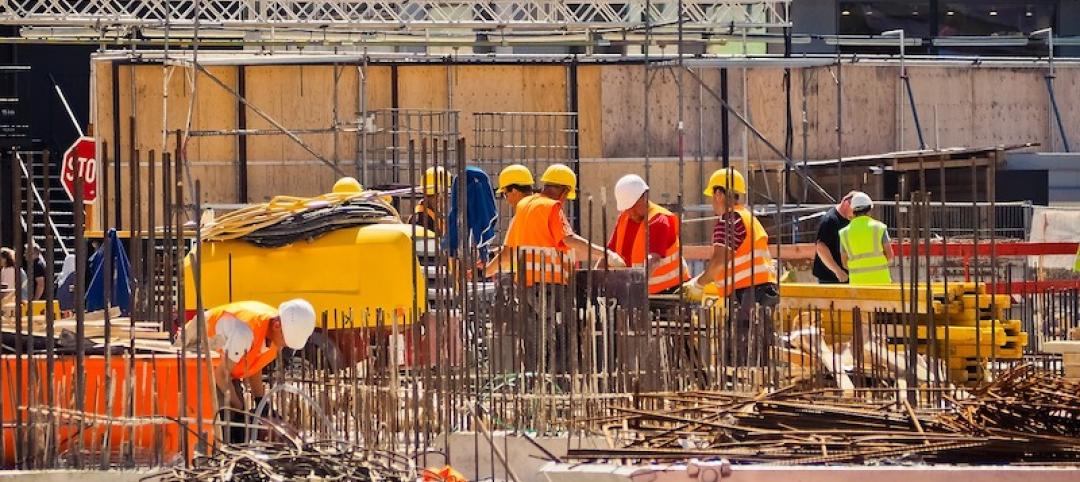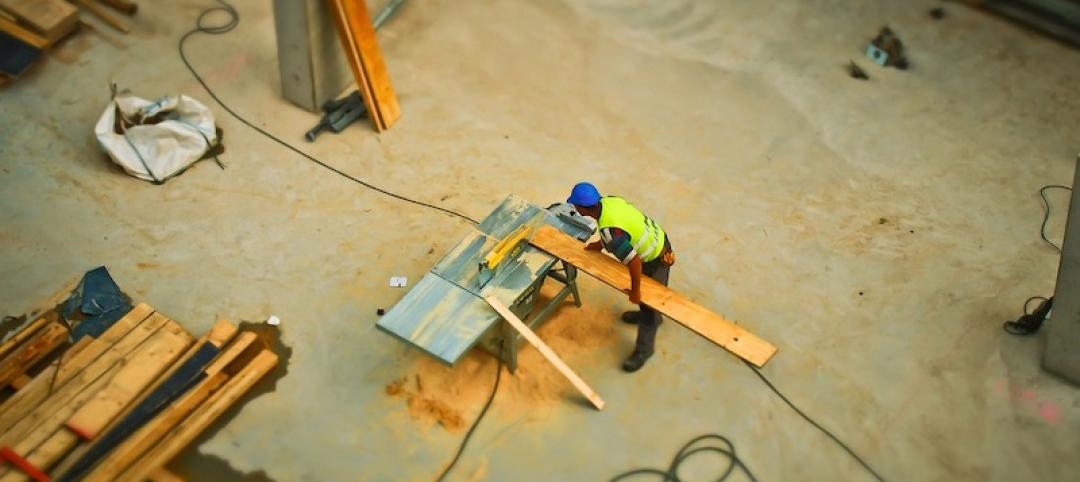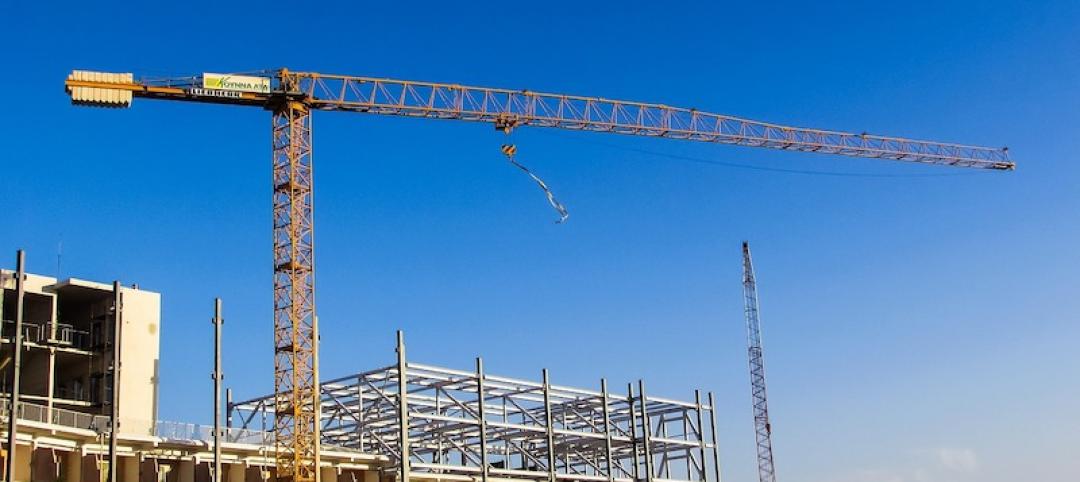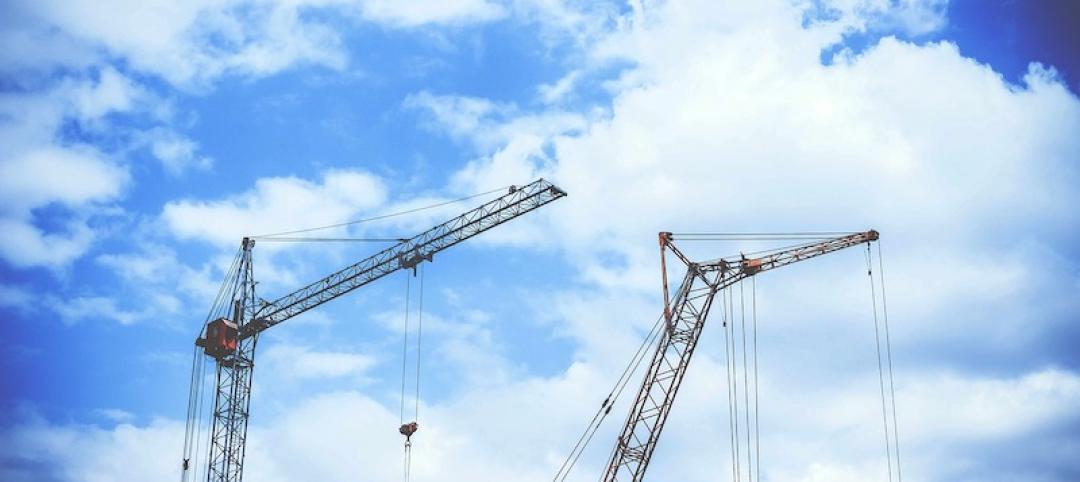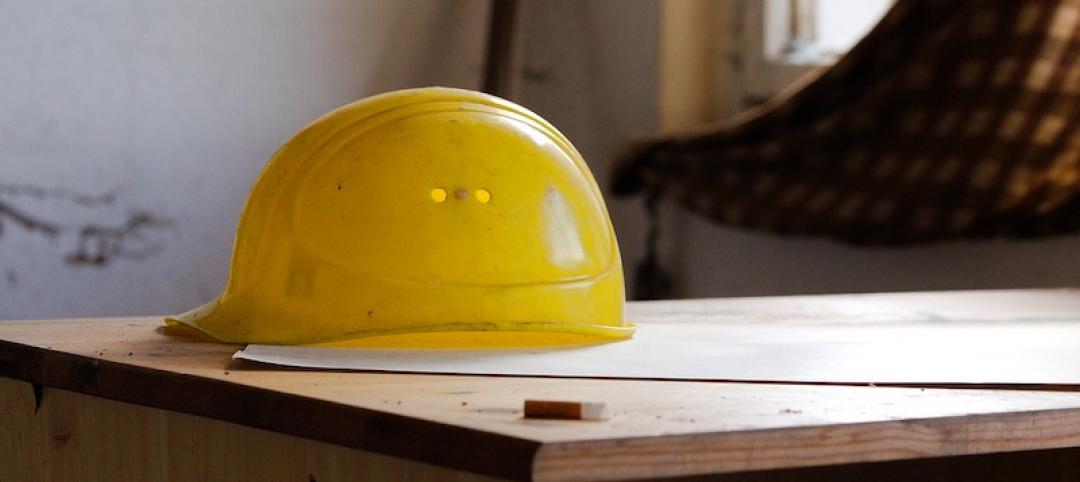Construction spending declined for the third month in a row in May as a sharp slowdown in private projects more than offset a rise in public work, according to an analysis by the Associated General Contractors of America of government data released today. Association officials warned that the pickup in public projects is likely to reverse soon unless the federal government acts quickly to invest in needed infrastructure and shore up crumbling state and local budgets.
“Three short-lived factors may have boosted construction spending in May: emergency healthcare projects, acceleration of highway work to make use of the drop in road traffic, and the end to some state government shutdown orders,” said Ken Simonson, the association’s chief economist. “Unfortunately, these stimuli have now worn off, and there is a high risk that construction spending will soon shrink as state and local governments start a new fiscal year today with large budget gaps that they must close. Too often, they turn to postponing and canceling construction.”
Construction spending in May totaled $1.36 trillion at a seasonally adjusted annual rate, a decline of 2.1% from April and the lowest total since June 2019. Since February, total spending has slumped by 5.9%, the steepest three-month contraction since 2009, the economist noted.
The decrease in May was widespread across private construction categories, which recorded a spending decline of 3.3% from April, following a 3.8% slide from March to April. Public construction spending rose by 1.2% in May, an increase that only partially reversed a drop of 2.7% the month before.
“It is likely that the pickup in highway construction and other public spending that occurred in May will fade as soon as current projects are completed,” Simonson said. “Our latest survey of contractors, conducted June 9-17, found only about one-fifth of respondents had won new or expanded work—unchanged from early May. In addition, nearly one-third of respondents reported that an owner had canceled an upcoming project.”
Association officials said that private-sector funding is likely to continue to remain below pre-coronavirus levels for some time as many owners opt to delay investments amid pandemic-induced uncertainty. Meanwhile, many state and local investments in infrastructure and construction are likely to decline amid falling tax revenues. What is needed is a federal infrastructure measure that can attract broad, bipartisan support in the House and Senate, the association officials noted.
“The best way to get people back to work and to make our economy more efficient and effective for the long run is by improving the nation’s vital infrastructure,” said Stephen E. Sandherr, the association’s chief executive officer. “Leaders in both parties need to understand that messaging measures may excite the base, but they do nothing to improve roads, fix bridges or modernize water systems.”
Related Stories
Market Data | Mar 24, 2021
Architecture billings climb into positive territory after a year of monthly declines
AIA’s ABI score for February was 53.3 compared to 44.9 in January.
Market Data | Mar 22, 2021
Construction employment slips in 225 metros from January 2020 to January 2021
Rampant cancellations augur further declines ahead.
Market Data | Mar 18, 2021
Commercial Construction Contractors’ Outlook lifts on rising revenue expectations
Concerns about finding skilled workers, material costs, and steel tariffs linger.
Market Data | Mar 16, 2021
Construction employment in January lags pre-pandemic mark in 42 states
Canceled projects, supply-chain woes threaten future jobs.
Market Data | Mar 15, 2021
Rising materials prices and supply chain disruptions are hurting many construction firms
The same firms are already struggling to cope with pandemic impacts.
Market Data | Mar 11, 2021
Soaring materials costs, supply-chain problems, and project cancellations continue to impact construction industry
Costs and delayed deliveries of materials, parts, and supplies are vexing many contractors.
Market Data | Mar 8, 2021
Construction employment declines by 61,000 in February
Association officials urge congress and Biden administration to focus on new infrastructure funding.
Market Data | Mar 2, 2021
Construction spending rises in January as private nonresidential sector stages rare gain
Private nonresidential market shrinks 10% since January 2020 with declines in all 11 segments.
Market Data | Feb 24, 2021
2021 won’t be a growth year for construction spending, says latest JLL forecast
Predicts second-half improvement toward normalization next year.
Market Data | Feb 23, 2021
Architectural billings continue to contract in 2021
AIA’s Architecture Billings Index (ABI) score for January was 44.9 compared to 42.3 in December.


